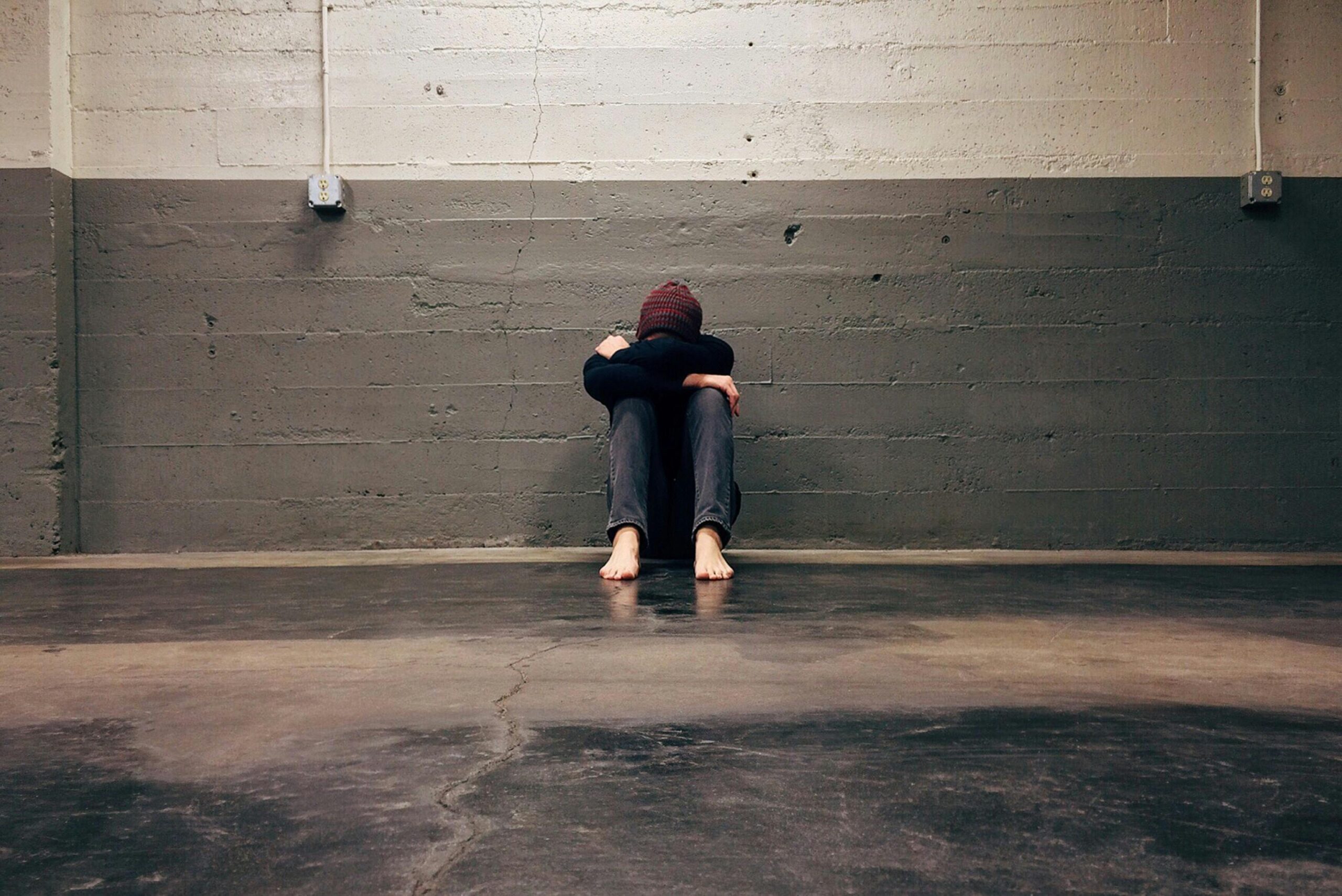Traumatic brain injury (TBI) affects millions of children and adolescents each year, with consequences that extend far beyond the initial physical trauma. While families often focus on visible injuries and cognitive recovery, one of the most serious yet overlooked complications is the increased risk of suicidal thoughts and behaviors following a TBI. Understanding this connection is crucial for parents, educators, and healthcare providers who support young people through their recovery journey.
Understanding the Connection
Following a brain injury, individuals face significantly elevated suicide risk compared to the general population. This vulnerability can persist for months or even years after the initial injury, making long-term awareness and support essential. For children and adolescents, this risk becomes particularly concerning as their developing brains struggle to cope with the complex changes that follow trauma.
The relationship between TBI and suicide risk involves biological, psychological, and social factors that interact in complex ways. When families understand these connections, they become better equipped to recognize warning signs early and seek appropriate support for their loved ones.
How Brain Injury Changes Everything
TBI can damage brain regions responsible for emotional regulation, impulse control, and decision-making. The frontal areas of the brain, which govern judgment and executive function, are particularly vulnerable to injury. When these areas are compromised, young people may struggle with impulsivity, making them more likely to act on overwhelming emotions without fully considering consequences.
Brain injury also disrupts the delicate chemical balance that regulates mood and emotion. These neurochemical changes can contribute to depression, anxiety, and other mood disorders that significantly increase suicide risk. Essentially, the brain’s altered chemistry creates a situation where emotional pain feels more intense while the ability to think through solutions becomes impaired.
The Psychological Impact on Young Lives
The psychological aftermath of TBI can be difficult for children and adolescents who are already navigating the complex challenges of growing up. Young people may experience profound identity disruption as sudden changes in cognitive abilities, personality, or physical capabilities leave them feeling like strangers to themselves. A once-confident athlete may struggle with coordination, or a previously excellent student may find concentration and memory extremely difficult.
Emotional regulation becomes significantly more difficult after brain injury. Increased irritability, unpredictable mood swings, and difficulty managing emotions can strain relationships with family and friends, leading to isolation when social support is most critical.
This is why proper intervention is so critical early on!
Recognizing Warning Signs
Significant changes in sleep patterns, appetite, or energy levels often signal emotional distress. Withdrawal from family, friends, and previously enjoyed activities may indicate deepening depression. Academic performance declining beyond what the TBI itself might explain can suggest additional emotional struggles. Increased risk-taking behaviors, mood swings, or giving away personal possessions all warrant professional evaluation. As a parent or caregiver, you know your child best! Be on the lookout for these warning signs so you know when to intervene.
Building Protection and Support
Creating strong support networks represents one of the most effective suicide prevention strategies. This begins with fostering open family communication, encouraging honest discussions about feelings and frustrations without judgment. Many families benefit from connecting with others who have experienced similar challenges, providing both practical advice and emotional validation.
Developing healthy coping mechanisms becomes crucial for preventing crises. Teaching emotional regulation techniques provides tools for managing overwhelming feelings. Building problem-solving skills helps break down seemingly impossible challenges into manageable steps, restoring a sense of control and capability.
Creating safe environments requires ongoing attention, including securing potential means of self-harm while establishing consistent routines that provide stability. Monitoring online activity becomes important, as internet searches can provide dangerous information about self-harm methods.
Professional Support and Long-term Care
Early intervention with qualified mental health professionals experienced in brain injury represents a critical component of comprehensive care. Treatment approaches must account for cognitive changes, adapting traditional therapy methods as needed. Family therapy helps address system-wide impacts, improving communication and helping everyone adapt to new realities.
Suicide risk extends well beyond immediate recovery, requiring ongoing vigilance from families and healthcare providers. Risk can fluctuate with life transitions, anniversary dates, or additional stressors, making continued awareness essential.
Hope for Recovery
Despite these challenges, most individuals with TBI recover to live fulfilling lives. Many young people develop remarkable resilience and discover previously unknown strengths. The key lies in recognizing that emotional and psychological recovery deserves the same attention as physical rehabilitation.
Recovery rarely follows a straight path, and families must celebrate small victories while maintaining realistic expectations. With patience, professional support, and strong connections, children and adolescents with TBI can develop the skills needed not just to survive, but to thrive.
If you’re concerned about suicide risk following a traumatic brain injury, don’t navigate this journey alone. Contact NeuroBehavioral Associates today to connect with our team of specialists who understand the complex relationship between brain injury and mental health. Our comprehensive evaluation and treatment services support both children and families through every stage of recovery. We are here for you!






